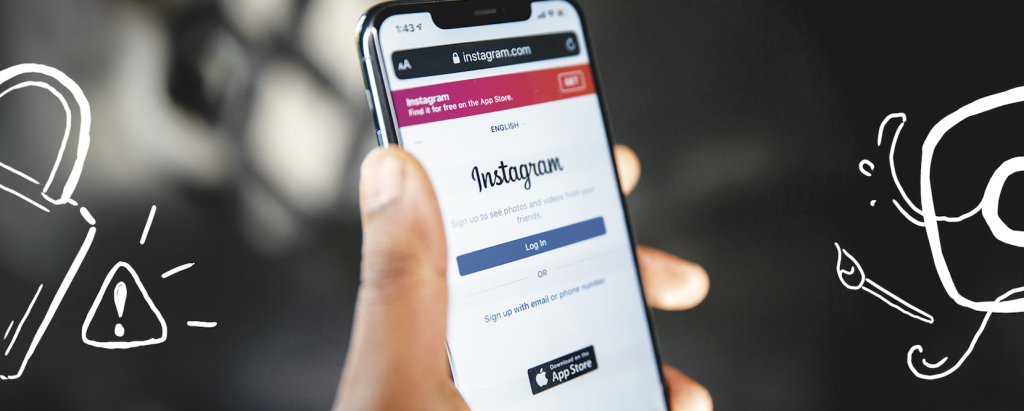Remember that one hack you learned from TikTok that makes life so much easier now? Or that influencer on Instagram who inspires you to get your life together? Social media is a massive part of society today, and to regulate it might do more harm than good.
Social media platforms were made to connect people and encourage creativity. If the government were to implement strict regulations on these platforms, they run the risk of destroying the purpose of it altogether. Platforms like TikTok circulate information quicker than ever before; it has never been so easy to raise awareness for a topic you care about. Instagram inspires creativity and gives people an outlet to post the highlights of their lives for those they may not get to see very often.
Social media gives us a way to instantly connect with the world from where we are, not only socially but also from a business perspective. Many people have quit their jobs to create content on social media full-time and are making enough money to support themselves. Whether or not that is a wise career choice is a conversation for another time.
Small businesses are also using social media to get exposure that would normally be next to impossible, as the Small Business Development Center notes social media “has become an essential part of many small business owners’ marketing strategy.” All it takes is for one video to go viral, and suddenly, their small business isn’t so small anymore. It has come to the point where having a presence on social media is a requirement to be successful in business. People do their research, and the easier you are to find and learn about, the more credibility you gain.
But there is so much horrible content online, you say; something has to be done to keep these sites wholesome. Censorship can be a slippery slope. Something that is unacceptable to one party could be normal to another, which risks violating free speech and the First Amendment. If social media is regulated, it should not be by the government but by the platforms themselves.
However, this could damage user engagement, because people will be less eager to post if they think it is just going to be taken down. A way to remedy this would be for social media companies to create two different algorithms: one for minors and one for adults. This way users still have freedom to post, but not everyone is subjected to it.
Better yet, we teach responsible use of social media, because this is something that will be around for the rest of our lives, and most of us will have to use it at some point. Anything can be harmful if used the wrong way, so rather than attempting to parent the general public, teaching responsibility when it comes to public platforms would be more realistic.
The world is a fallen place, and sin is everywhere. No matter how hard we try, we are not going to be able to erase it, because people are not perfect. Social media companies already have measures in place to prevent inappropriate content, but each person’s feed is tailored over time to reflect their own views, likes and dislikes. If your feed is flooded with questionable things, it might be time to analyze what you give attention to.
Social media is so versatile that it can be anything we want it to be. It can be a place of creativity and community or a place where toxic and negative content fill your brain for hours every day. It is a tool for us to use, and how it affects us is truly up to us, so we must choose to use social media wisely.
Barber is an opinion writer for the Liberty Champion
